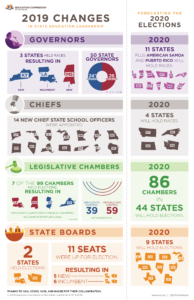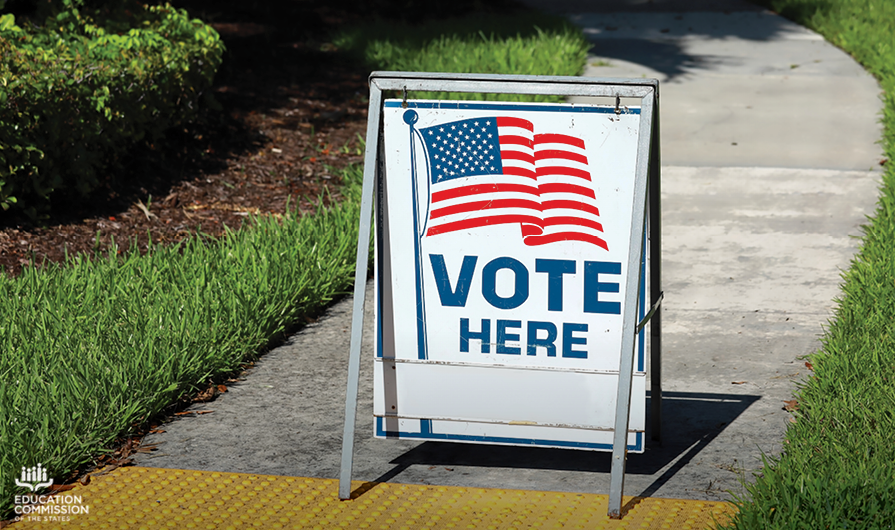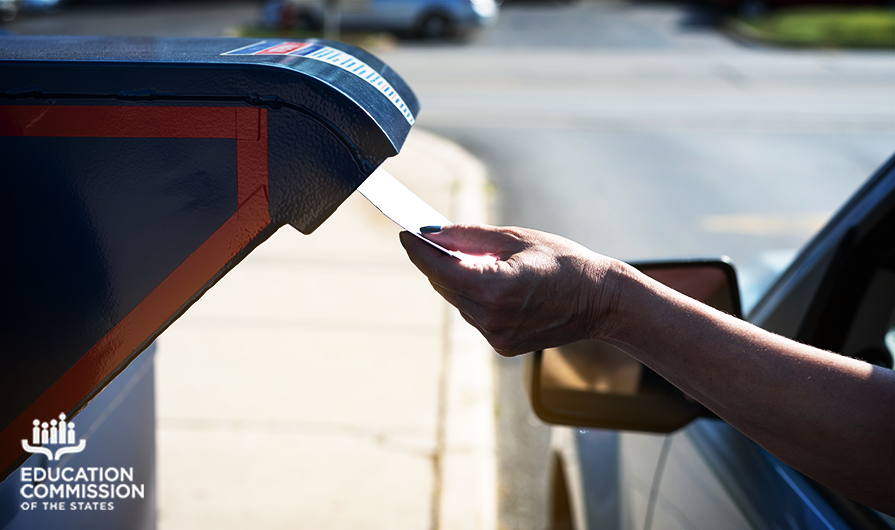Though the 2019 elections may have been smaller in scale than in 2018, they still brought changes to leadership in several states that could have important impacts on education policy.
Here’s a breakdown of what happened this election cycle.
Governors. Of the three races this year, two resulted in new governors and one in an incumbent winning re-election. Not only do governors help to set education policy priorities for their states, they also appoint other state leaders, including some state board of education members.
- Kentucky: Andy Beshear (Democrat/New)
- Louisiana: John Bel Edwards (Democrat/Incumbent)
- Mississippi: Tate Reeves (Republican/New)
State Board of Education Members. Two states, Louisiana and Washington, held elections. These elections resulted in 5 new members and 6 incumbents securing seats. In Washington, only local board members vote in state board elections. Additionally, there may be some new board of education members in Kentucky and Mississippi, as the new governors will likely appoint new members.
State Legislative Seats. Of the 99 legislative chambers in the country (Nebraska is unicameral), seven held elections for 538 legislative seats: the Louisiana House of Representatives and Senate, the Mississippi House of Representatives and Senate, the Virginia House of Delegates and Senate, and the New Jersey House of Representatives.
Of these chambers, the Virginia House of Delegates and Virginia Senate flipped partisan control from Republican to Democrat. Republicans now control 59 state chambers and Democrats control 39, according to the National Conference of State Legislatures. This also impacted the number of states that have government trifectas (where one political party controls both legislative branches and the executive office). After the election, there are Republican trifectas in 21 states, Democratic trifectas in 15 states, and 14 states are divided or unicameral.
Ballot Measures. In addition to selecting new leadership, voters in two states passed measures related to education finance. Texas passed Proposition 7, which increased the amount the general land office or an entity other than the state board of education can currently distribute from managed land properties to the available school fund from $300 million to $600 million. Louisiana passed Amendment 2, which adds the Louisiana Educational Television Authority, Thrive Academy and laboratory schools operated by public postsecondary education institutions to the list of schools that will receive appropriations from the Education Excellence Fund.
Additionally, education measures in two other states failed. In Colorado, Proposition CC failed, which would have authorized the state to keep — rather than refund — all state revenue that exceeded the constitutional limit on state spending and to use that revenue to fund public schools, higher education and transportation projects. In Washington, Referendum 88 failed, which would have restored affirmative action into state law without the use of quotas or preferential treatment and guaranteed equal opportunity and access to public education, public employment and public contracting in Washington.
Looking Forward to 2020. States are moving into the new decade with a variety of new education policy leaders. Check out our infographic to see how many fresh faces are around the policymaking table and a sneak peek at the expected elections for education policy leaders in 2020. Our team will continue to track state elections closely to keep you updated on the implications they have for education policy leadership across the states.

















